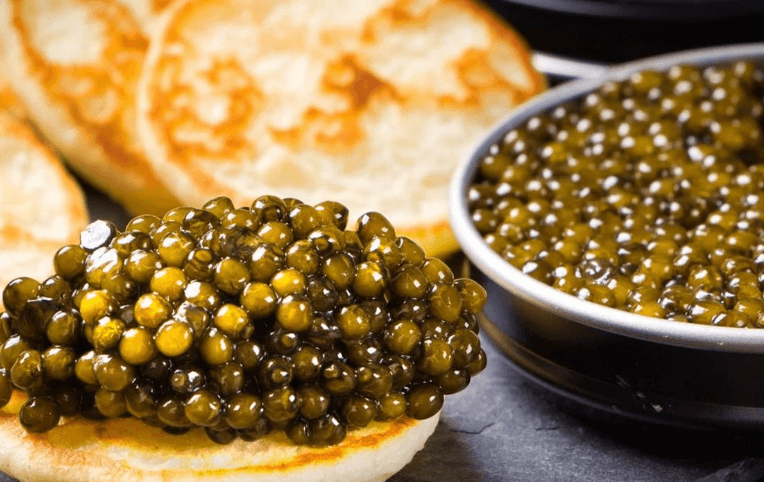
Why is caviar so expensive?
Caviar is known to be complex and relatively expensive, but with its outstanding taste and texture, it provides beneficial nutrients such as proteins, sugars, fats, minerals and vitamins needed for proper body function.
Health benefits and properties of caviar
1. They have antioxidants :
It is rich in vitamin A, which helps to repair damaged skin tissue and prevent cell wear, and vitamin E lifts the skin deep down to deal with very dry skin conditions. Vitamin E is also valuable for the circulatory system and may help prevent Parkinson's disease.
These two vitamins are essential for having young skin, healthy eyes, strengthening the immune system and anti-cancer properties; Therefore, caviar is considered one of the strongest antioxidants in nature.
2. Caviar helps to reduce blood pressure :
Potassium is present in caviar and it is recommended to lower blood pressure, that is why this food is recommended for people with high blood pressure.
3. Help to prevent heart attacks with caviar :
Thanks to the high amount of omega-3 oil, more than 1000 mg in caviar helps reduce the risk of heart disease. It is also believed to help prevent Alzheimer's disease.
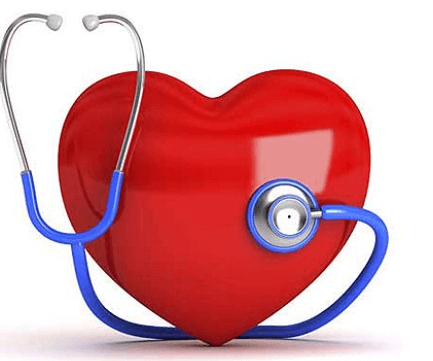
4. Caviar to protect against viruses :
Vitamin D is another abundant ingredient in this healthy food. This element helps protect the immune system and ensures that immune cells communicate properly and function well.
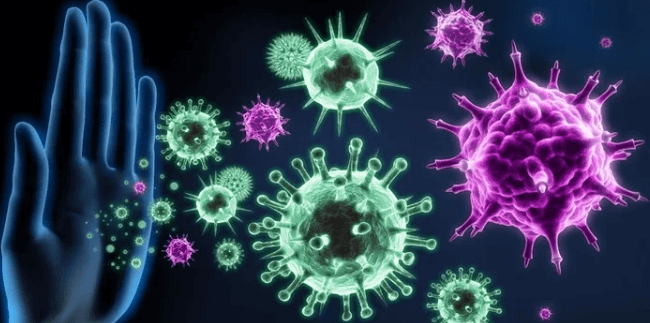
5. Caviar to restore hemoglobin :
Hemoglobin is a component of blood that helps transport oxygen in the body. Caviar helps increase the level of this substance in the bloodstream and is recommended in patients who have undergone chemotherapy or surgery.
6. Muscle developing caviar :
Due to the high concentration of protein, caviar is recommended for muscle growth. Protein-rich foods such as these are highly recommended during childhood, adolescence, and pregnancy, as a larger portion of this nutrient is needed during these stages.
7. The antidepressant effect of caviar :
Due to its high concentration of omega-3, caviar is also recommended to reduce depression and bipolar disorder, and is very beneficial for performance and cognitive function, proving that caviar is not only good for health, but also good for happiness.
8. Benefits of caviar for bones :
Because it has a lot of calcium, caviar is a great food for bones and its consumption is highly recommended during pregnancy because at this stage the body consumes the most.
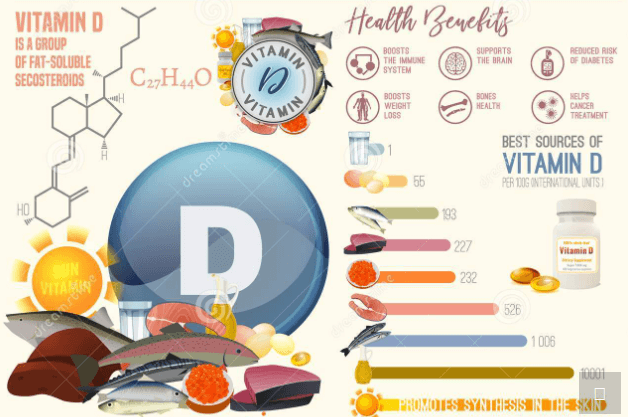
9. Caviar is a friend of athletes :
The high amount of iron in caviar is an excellent food to prevent iron deficiency anemia. Due to the amount of iron in caviar, it is highly recommended for people who practice intense sports.
10. Anti-stress and anti-migraine caviar :
Foods rich in vitamin B2 or riboflavin such as caviar are useful for improving nervous problems such as insomnia, anxiety and stress. Vitamin B2 and B5 are abundantly found in caviar, which is useful for overcoming migraines.
compositions and properties of caviar
The chemical composition of the final caviar product depends on the quality of the eggs before processing and the processing method. the amount of moisture, protein, fat and the energy value of caviar produced in calories. A large percentage of the composition of tas fish caviar (26 to 36%) is made up of nitrogenous substances, which has never been seen in the eggs of any commercial fish used for human consumption. Between 90 and 95% of the mentioned nitrogenous substances are proteins, and the rest are mostly albumin, then peptones, polypeptides and a small amount (less than one percent of the total nitrogenous substances) of free amino acids and volatile bases. The presence of a high level of protein in the total nitrogen content of caviar, which consists of a large number of amino acids that repair worn-out body cells, has turned it into a life-giving food. The table below shows the percentage of amino acids of proteins in caviar.
Between 16 and 19.5% of the nutritional compounds of caviar are fat substances. It is concluded from the investigations that 79 to 83% of the large number and various forms of fatty acids in these fats are unsaturated fatty acids. There is not much information about identifying each one and measuring their amount, but a significant amount of them are linoleic acid, linolenic acid and arachidonic acid, which are known as important factors in maintaining the health of the heart and blood vessels in humans. In total, vitamin F has opened its place in the group of 2.96 vitamins.
However, the significant percentage of fats in tas fish caviar, as well as the presence of other rare unsaturated fatty acids, EPA and DHA, in these fats make them among the caloric nutrients and anti-accumulation of bad cholesterol in the vascular system of the circulatory center. It means that the heart has placed it, and thus, as time goes on, the different values of caviar become more apparent.
in addition to protein and fat, processed caviar contains a very small amount (approximately one percent) of hydrocarbons in the form of glycogen, which quickly and completely disintegrates during the storage period of caviar.
The amount of minerals in caviar is between 1 and 2% without considering sodium chloride. Among the minerals that are physiologically important, there is a considerable amount of phosphorus in it, the amount of which is between 0.4 and 0.6% in khaviardan and compressed. Approximately one third of the amount of phosphorus in caviar seeds is in the form of lecithin.
Caviar also contains calcium up to 0.1%, potassium from 0.2 to 0.3%, magnesium up to 0.04%, and iron from 2 to 3 mg%.

The presence of a small amount of vitamin A in caviar has been reported, and the consumption of ordinary and pasteurized caviar has a very good effect in treating soft bones in children, and this should be more due to the appropriate amount of vitamin D that is present in caviar. There are different amounts of B group vitamins (B1, B2, B6, B12), folic acid (Be), vitamin C, H and PP, pantothenic acid and inositol in meat, gonads and various organs of fish, including sturgeon.
Is caviar actually fish eggs?
What is caviar?
There are about 30,000 species of fish in the waters of the world, among which sturgeons are considered the most expensive and valuable from an economic point of view. In terms of biodiversity and genetic reserve, they are among the aquatic species that are descendants of the ancient fishes of the first geological period and have continued to exist since millions of years ago.
This type of fish belongs to the Acipenseridae family and lives in the salty and fresh waters of the Northern Hemisphere and in Asia, Europe and America. About 24 species of these fish have been identified around the world.
Of these, five species form the reserves of the Caspian Sea.
About 90% of fishes live in the Caspian Sea, every type of sturgeon in the Caspian Sea has different populations and they migrate to the rivers for spawning in spring and autumn.
Caviar is a valuable and delicious product obtained from processing the eggs of these fish and contains all essential amino acids, unsaturated fatty acids, various vitamins and minerals useful for humans.
Caviar refers to the processed eggs of the fish family, which includes caviar. Caviar refers to healthy caviar seeds (without breakage) and compressed caviar refers to the total of caviar seeds with low strength, which after processing is supplied as a compressed paste that can be cut.
What is the difference between caviar and roe?
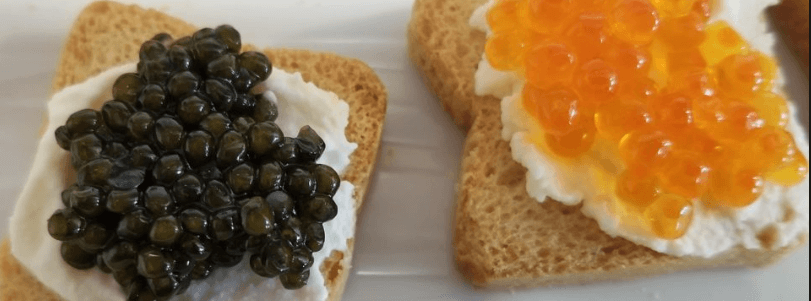
Just about every marine animal from sea urchins and fish to squid and shrimp is capable of producing roe. Fish roe, or fish eggs, are generally found in the form of unfertilized egg masses inside a female marine animal’s ovaries. Fish roe can be used as an uncured, cooked, or raw and salted product, or it could be transformed into caviar. caviar refers to a specific style of preparation of sturgeon roe. In other words, all caviar is a type of fish roe, but not all fish roe is caviar.
Roe is a general word for collected eggs of marine animals, while Caviar is a particular kind of roe from the sturgeon family of fish. Caviar is salted roe of particular types of fish discovered in Black Sea and Caspian Sea. Sturgeon caviar is regarded as a delicacy and is very costly.
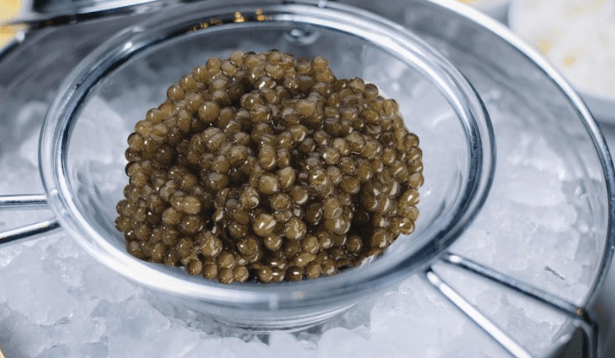
How and why expensive is caviar?
Most Expensive Caviar (from $5,000 to $11,630)
Because it is rare! It is special and hard to get
The most expensive type of caviar is Almas or beluga caviar and Shah caviar , which takes 12 to 16 years to produce each fish!
This is exactly the same for caviar
Original organic caviar is very rare, hard to find, and is a special ingredient in terms of taste and nutritional value.
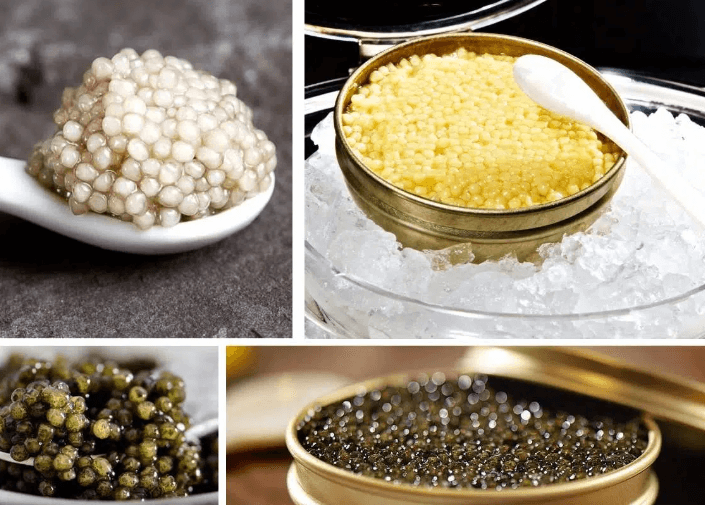
Currently, the price of each kilogram of farmed caviar in Iran is 50 million tomans, and its average export price starts from about 1000 dollars and in some cases it is 1650 dollars based on the size of the caviar, quality and packaging. .

